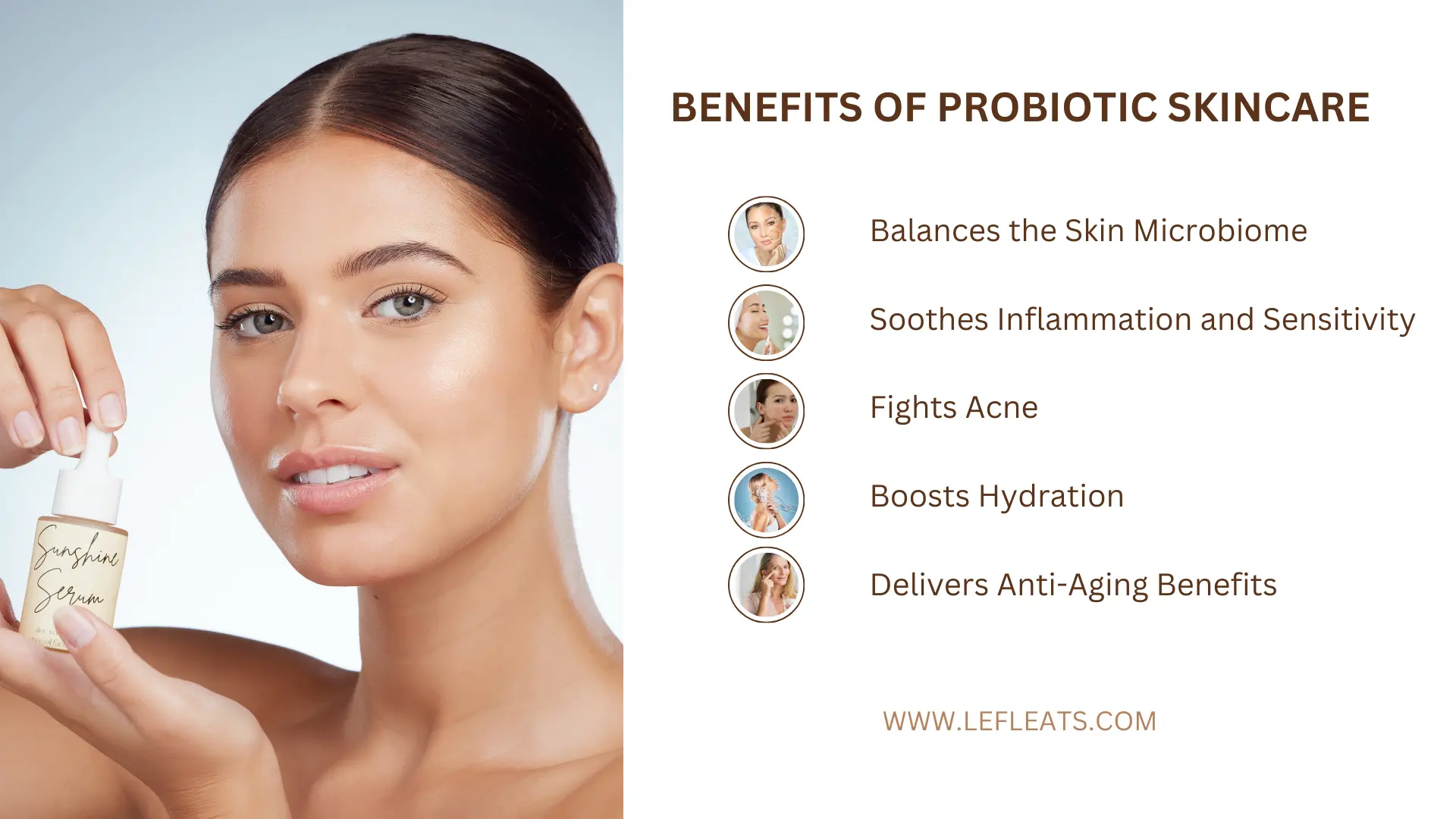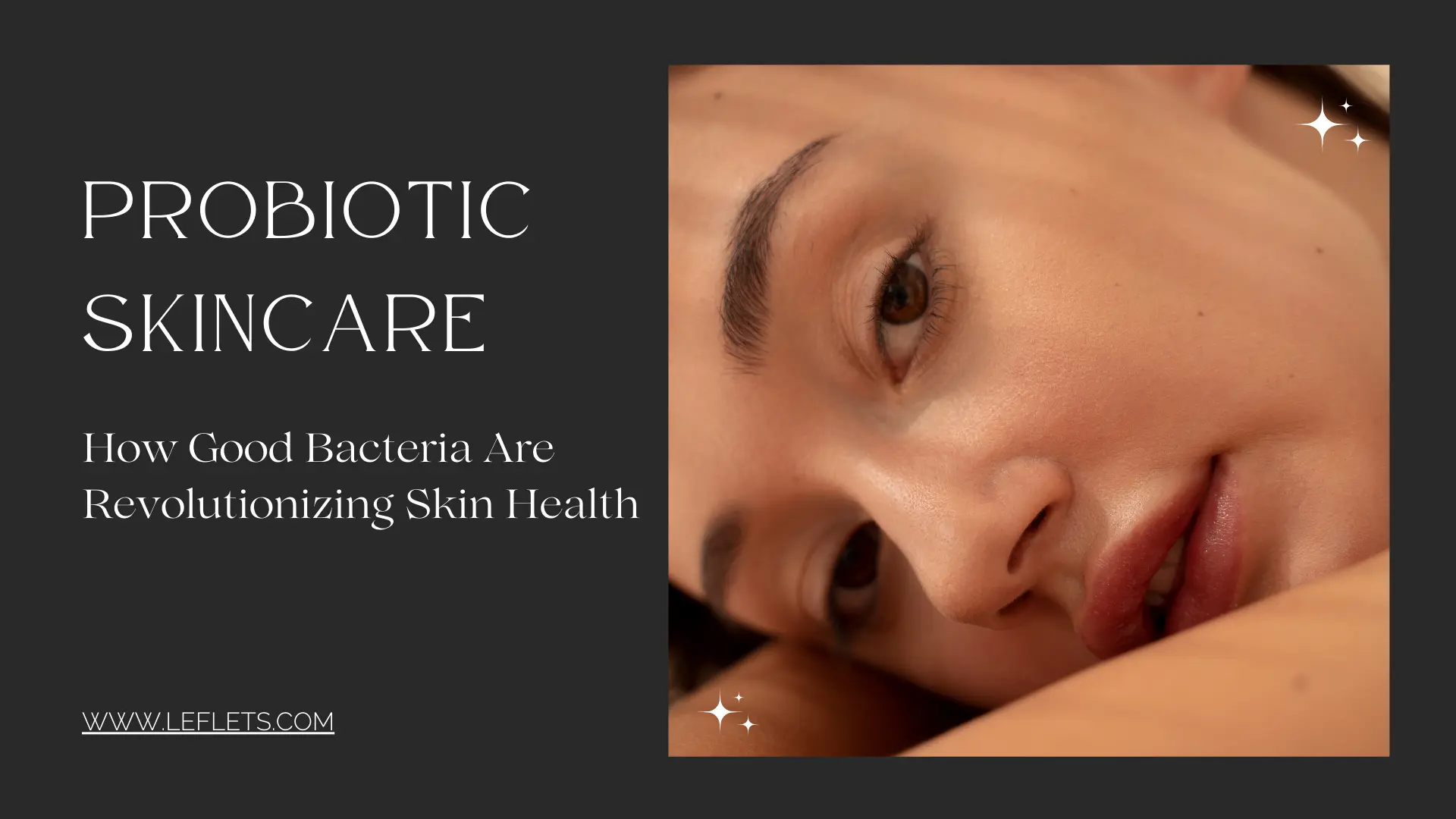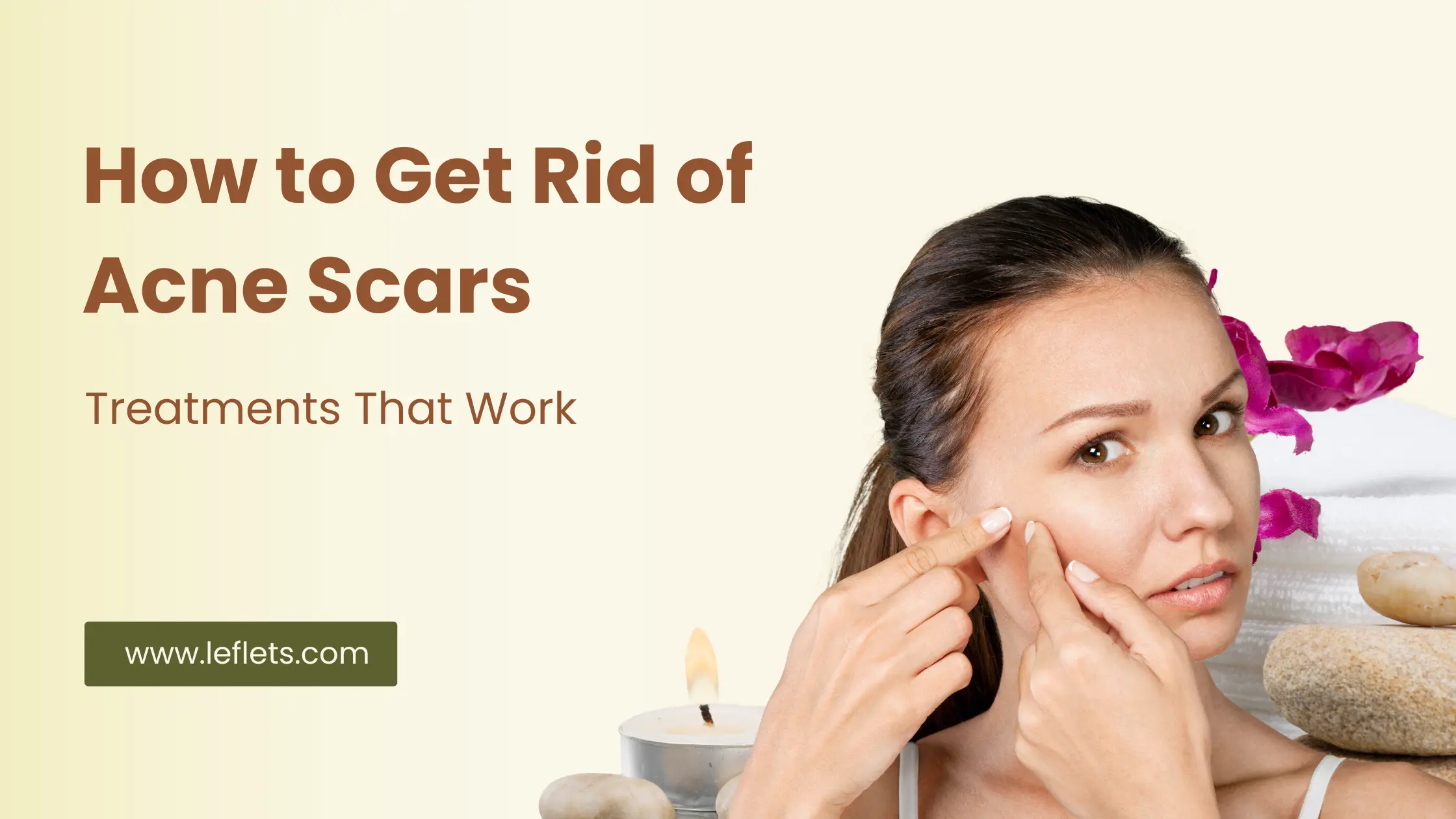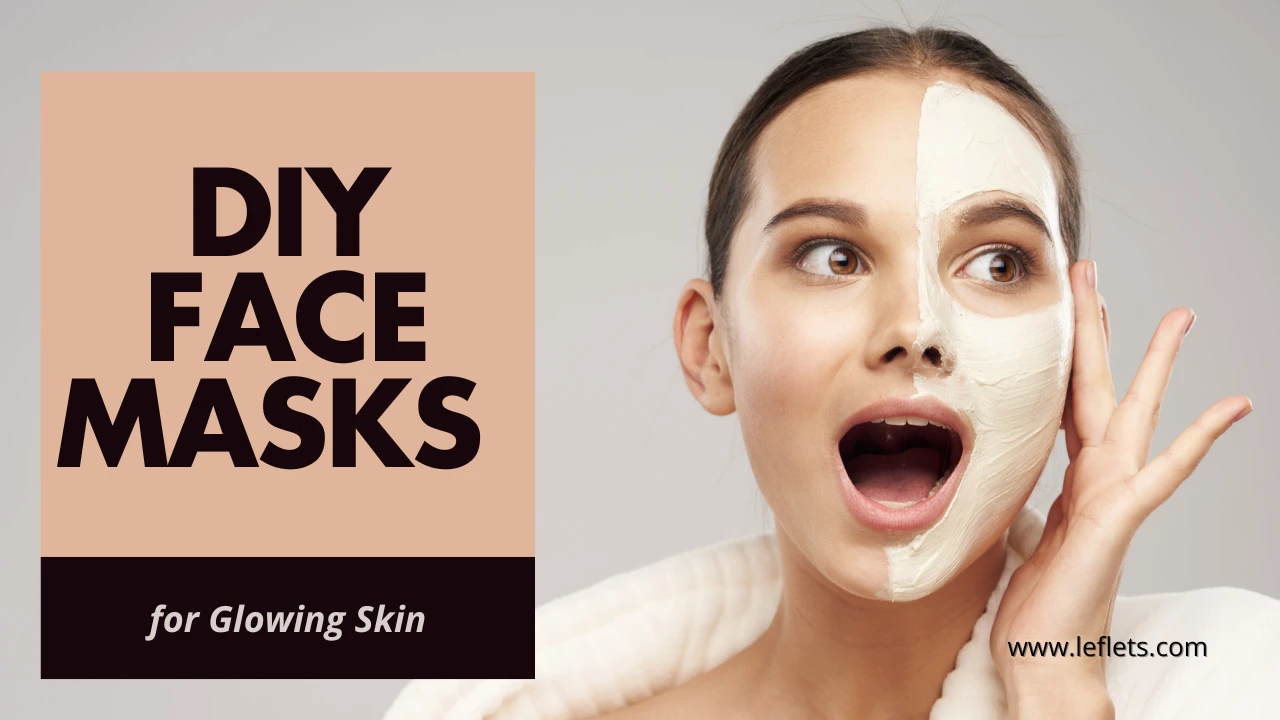When you hear "probiotics," your mind probably goes to yogurt or gut health. However, probiotics are also making waves in the world of skincare. This science-backed approach leverages the power of good bacteria to improve skin health, balance the microbiome, and tackle common skin issues like acne, sensitivity, and dryness. Let’s dive deep into probiotic skincare, its benefits, and how to integrate it into your beauty routine.
What Is Probiotic Skincare?
Probiotic skincare involves the use of live bacteria or prebiotics (which feed good bacteria) in skincare formulations. These ingredients work to support the skin's natural microbiome, a complex ecosystem of microorganisms that maintain skin health.
A balanced microbiome is key to a healthy complexion, and probiotics contribute to this balance by:
- Strengthening the skin barrier
- Reducing inflammation
- Preventing acne-causing bacteria from thriving
By restoring harmony to your skin’s ecosystem, probiotic products help address various concerns ranging from breakouts to dryness.
Benefits of Probiotic Skincare
- Balances the Skin Microbiome - External factors like pollution, harsh cleansers, and stress can disrupt the microbiome. Probiotics restore balance, promoting healthier, more resilient skin.
- Soothes Inflammation and Sensitivity - Probiotics have anti-inflammatory properties that calm irritated skin. They are particularly beneficial for conditions like rosacea, eczema, and redness-prone skin.
- Fights Acne - Certain probiotics produce antimicrobial peptides, which combat acne-causing bacteria. They also regulate oil production, reducing the risk of future breakouts.
- Boosts Hydration - By enhancing the skin barrier, probiotics minimize moisture loss, leaving the skin hydrated and plump.
- Delivers Anti-Aging Benefits - Probiotics encourage collagen production and improve cell renewal, which can reduce fine lines and improve skin elasticity.

How to Use Probiotic Skincare in Your Routine
Incorporating probiotics into your skincare routine is simple. Here’s a step-by-step guide:
- Cleanser: Begin with a probiotic-infused cleanser to remove dirt without disrupting the microbiome.
- Serum: Apply a concentrated probiotic serum to target specific concerns like redness or breakouts.
- Moisturizer: Use a probiotic-rich moisturizer to lock in hydration and restore balance.
- Masks: Treat yourself to a probiotic mask once a week for an added dose of good bacteria.
Popular Ingredients in Probiotic Skincare
When shopping for probiotic skincare products, you may come across these powerful ingredients:
- Lactobacillus: Hydrates and soothes the skin.
- Bifidobacterium: Strengthens the skin barrier and reduces sensitivity.
- Prebiotics: Feed the good bacteria already present on your skin.
- Fermented Ingredients: Enhance the effectiveness of probiotics for glowing skin.
These ingredients work synergistically to restore and maintain skin health, making them essential in probiotic formulations.
Choosing the Right Products
Selecting the right probiotic skincare products is crucial to achieving the desired results. Here are a few tips:
- Look for Active Ingredients: Seek products that explicitly mention live cultures, prebiotics, or fermented extracts.
- Tailor to Your Skin Type: If you have sensitive skin, opt for fragrance-free and hypoallergenic formulations. For oily or acne-prone skin, lightweight, non-comedogenic options work best.
- Avoid Harsh Chemicals: Stay away from products with sulfates or alcohol, as these can counteract the benefits of probiotics.
Probiotics for Specific Skin Concerns
Probiotic skincare is versatile, catering to various skin concerns:
- Acne-Prone Skin: Look for formulations with lactobacillus and Bifidobacterium to control breakouts.
- Sensitive Skin: Fermented ingredients can calm irritation and reduce redness.
- Dry Skin: Prebiotics and probiotic-infused moisturizers help improve hydration.
- Aging Skin: Products containing probiotics can enhance collagen production, promoting a youthful glow.
The Science Behind Probiotic Skincare
Research shows that probiotics have a profound impact on the skin’s microbiome. A healthy microbiome forms a protective shield, preventing harmful bacteria from taking over. Probiotics act as reinforcements, ensuring this shield remains intact while reducing inflammation and promoting healing.
Probiotic Skincare and Lifestyle
Skincare doesn’t exist in isolation. A healthy lifestyle amplifies the benefits of probiotics:
- Nutrition: Include probiotic-rich foods like yogurt, kimchi, and kefir in your diet for better skin from the inside out.
- Hydration: Drink plenty of water to support overall skin health.
- Stress Management: Chronic stress can disrupt the microbiome; practices like meditation and yoga can help.
Common Myths About Probiotic Skincare
- "Probiotics are only for gut health. "While probiotics are commonly associated with digestive health, their topical benefits are equally impactful.
- "Probiotic skincare doesn’t work for oily skin. "Probiotics help regulate oil production, making them ideal for oily and acne-prone skin.
- "All probiotic products contain live bacteria. "Some products contain prebiotics or fermented ingredients, which support the skin’s microbiome without live bacteria.
Future of Probiotic Skincare
Probiotic skincare is not just a passing trend; it’s the future of holistic skin health. As research advances, expect to see even more innovative formulations targeting a wide range of concerns, from pigmentation to advanced anti-aging.
Conclusion
Probiotic skincare is revolutionizing the way we care for our skin. By embracing the power of good bacteria, you can achieve a balanced, radiant complexion while addressing specific concerns like acne, sensitivity, and aging.
Incorporating probiotics into your routine is more than a beauty trend—it’s a step toward healthier, more resilient skin. So why wait? Make good bacteria your new skincare allies and experience the transformation for yourself.
Find more Skin Care Tips on - www.leflets.com






